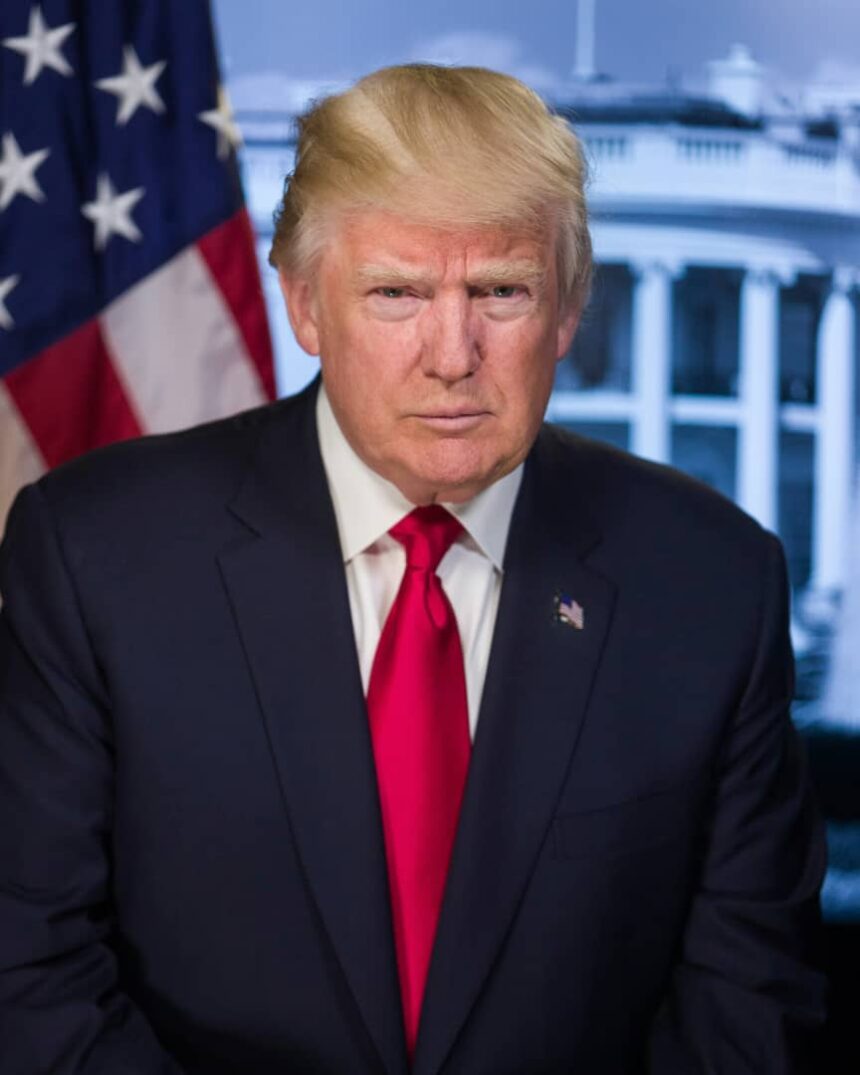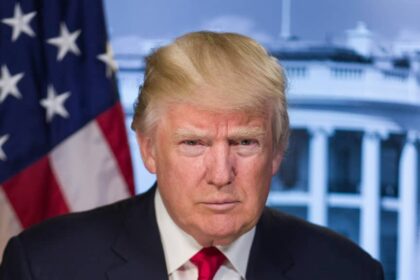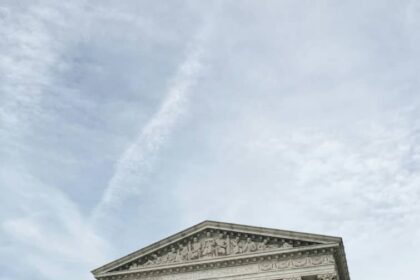Article II, Section 1, Clause 7 of the U.S. Constitution addresses the President’s compensation and restrictions on receiving additional benefits. The Section provides as follows::
“The President shall, at stated Times, receive for his Services, a Compensation…”
The Constitution mandates that the President must be paid a salary (referred to as “Compensation”) at regular intervals (“stated Times”).
This ensures the role is treated as a public office with professional remuneration, discouraging the idea of it being either voluntary or purely symbolic.
It also promotes financial independence and avoids reliance on outside income, which could create conflicts of interest.
“…which shall neither be increased nor diminished during the Period for which he shall have been elected…”
This clause freezes the President’s salary during their term in office.
Congress cannot raise or lower the President’s pay during the current term in order to preserve the independence of the executive from Congress.
It also prevents Congress from punishing or rewarding the President via salary adjustments.
This also ensures separation of powers, as Congress controls appropriations.
“…and he shall not receive within that Period any other Emolument from the United States, or any of them.”
The President may not accept any other emolument (i.e., benefit, salary, gift, or profit) from:
- The federal government (“the United States”), or
- Any state government (“any of them”) during the term.
This is commendable because it aims to:
- Prevent external influence or bribery.
- Protect the President from being compromised by state or federal actors.
- Maintain loyalty solely to the national interest.
The term “emolument” has been the subject of debate in modern legal controversies (e.g., involving business interests of sitting Presidents).
The significance of this clause is that it ensures:
- Fair, predictable compensation for the President.
- Independence from Congress and state governments.
- No financial incentive to favor certain states or branches.
- No manipulation of the office by financial pressure.
In essence, it is a foundational anti-corruption safeguard designed to maintain the integrity of the Presidency.
In recent years, the Emoluments Clause has been discussed in cases involving Presidents with private businesses or foreign government dealings, raising questions about whether income from those sources violates the Constitution—even indirectly. We shall discuss this in another Article.











